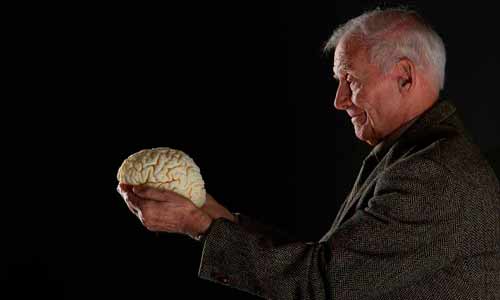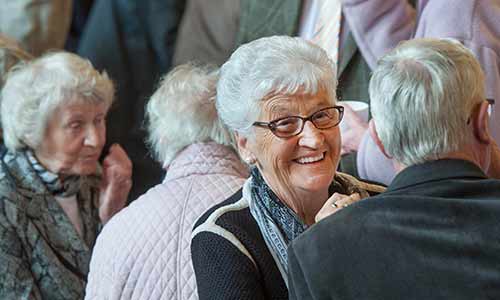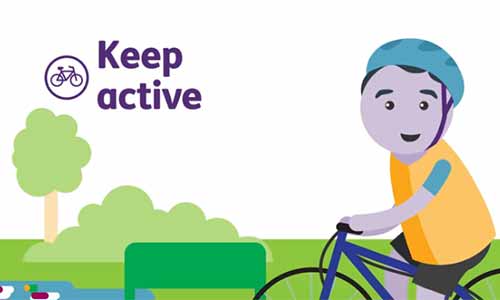
Your brain - what it is and does
Get to know about the brain's structure and functions.

We know that looking after our physical health is important to ageing well. But it's becoming increasingly clear that we can look after our brain health too. Our thinking skills – memory, attention and reasoning, for example – are at our core. They make us who we are and able to engage with the world around us.
Losing thinking skills is among most people's greatest fears about growing older. The good news is that more and more evidence is emerging on what helps to protect our brains and thinking skills as we age. You'll find the latest evidence throughout Staying Sharp, which we have developed alongside leading experts.

Get to know about the brain's structure and functions.

Our thinking skills change as we grow older. Find out how.

Hear from experts on what you can do to help stay sharp in later life.

Staying Sharp is a superb resource for so many of us who are concerned about losing our thinking skills as we grow older. We all need to understand how to reduce our chances of developing a devastating disease like dementia.
Age UK is a member of the Global Council on Brain Health. The Council is a group of experts from around the world whose aim is to bring us trusted information on how to achieve a 'brain-healthy' lifestyle.
About the Global Council on Brain Health
Age UK is a member of the World Dementia Council, which unites experts from across the globe in order to bring together global action to transform the prospects of people affected by dementia.
About the World Dementia Council

Age UK and scientists working on The Disconnected Mind project at the University of Edinburgh's Centre for Cognitive Ageing and Cognitive Epidemiology (CCACE) have worked together to bring you these web pages. CCACE is a centre of excellence in research on how ageing affects thinking skills, and how mental ability in youth affects health and longevity. CCACE is funded by the Medical Research Council (MRC), the Biotechnology and Biological Sciences Research Council (BBSRC), and the University of Edinburgh. Hundreds of older people, known as the Lothian Birth Cohort 1936, are taking part in research funded by Age UK within CCACE.
Thank you to National Museums Scotland for providing the photo of Lothian Birth Cohort 1936 member Mr Scott holding a 3D laser print of his brain.
Thank you to Douglas Robertson for providing the other photos of the Lothian Birth Cohort 1936 members on this page.